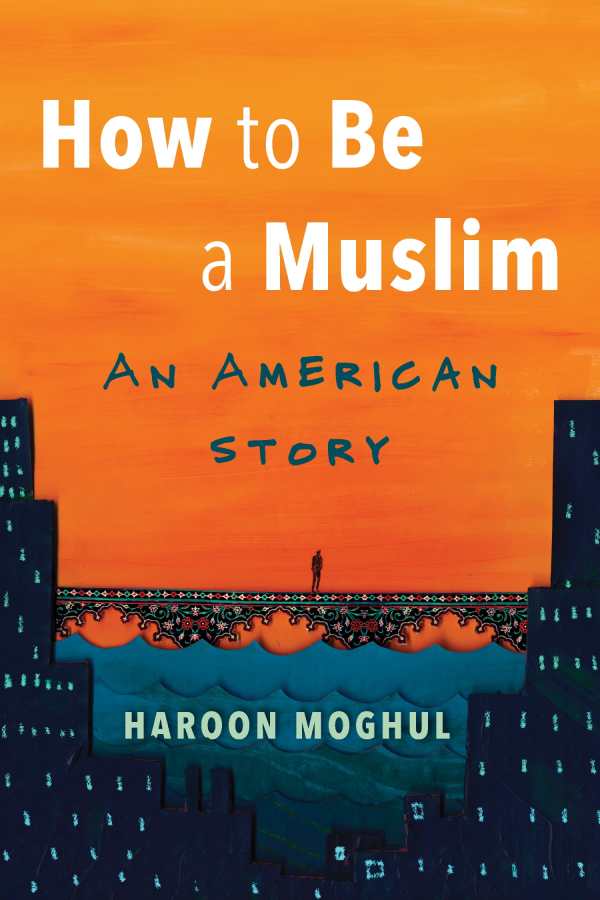How to Be a Muslim
An American Story
An appealing voice parses through history to demonstrate how the author eventually returned to Islam.
How to Be a Muslim: An American Story details Haroon Moghul’s journey from nonbelief to faith. With capacious wit and impassioned logic, this timely memoir portrays the forging of a young man’s identity.
An essayist, broadcaster, and commentator on Islamic affairs, Moghul takes a personal turn describing early rifts between his inward and outward life. He was born to Punjabi parents from Pakistan, and raised as a Muslim in New England despite his lack of connection to God. Thematic chapters detail his struggle to reconcile his family’s religion with his longing for a normal teenage life; attempts at relationships; his college years; excursions to Mecca, Medina, Jerusalem, Cairo, and Dubai; bipolar disorder; divorce; and other topics. No matter the event under discussion, it’s the fascinating tension between what others perceive Moghul to be and what Moghul feels that results in a work of biting self-awareness.
Passages dart between reflection and observation, pop culture and the Qur’an with ease. An appealing voice parses through history to demonstrate how the author eventually returned to Islam. Passages on Muhammad provide an especially informative backdrop. More intriguing chapters cover the topic of activism despite ambivalence. Several sections span Moghul’s time as a leader at NYU’s Islamic Center, where the divide between public conviction and private doubt is drawn with frankness in the months following 9/11. Though the book deals with specific issues—including navigating a changed world in which being Muslim inspires the fear of extremism––Moghul’s story makes a wider impact.
Chapters that focus on a suicide attempt capture the exhausting, spiraling nature of a man who revisits scenes to understand what went wrong. The writing of the book itself becomes a reason to keep living. It’s here, in the act of ordering words to order the mind, that a redemptive arc emerges. No longer bound by formality, and able to pour out anguish in personal talks with God, the author finds peace.
For all its open admission of personal faults, the memoir seldom dwells in regret. The challenge of figuring out who and what to become serve as potent reminders that every person, regardless of his or her background, faces similar questions.
Reviewed by
Karen Rigby
Disclosure: This article is not an endorsement, but a review. The publisher of this book provided free copies of the book to have their book reviewed by a professional reviewer. No fee was paid by the publisher for this review. Foreword Reviews only recommends books that we love. Foreword Magazine, Inc. is disclosing this in accordance with the Federal Trade Commission’s 16 CFR, Part 255.

